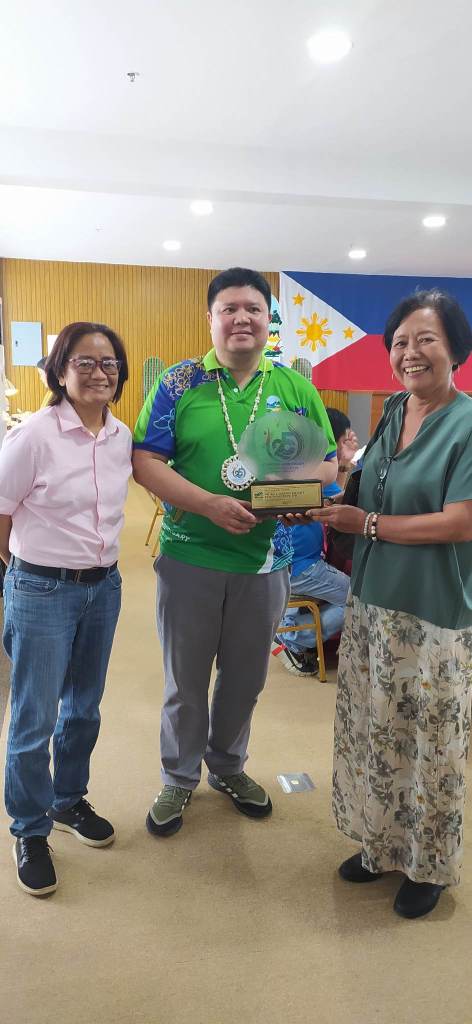
In today’s world, understanding why we should care about climate change is not just a matter of global responsibility; it’s about safeguarding our future, ensuring resilience in our communities, and upholding ethical principles. Let’s delve into seven compelling reasons why climate change should matter to every individual.
- Impact on Well-being: Climate change poses significant risks to human health and well-being. From extreme weather events to air pollution-related illnesses and food and water shortages, the consequences of climate change can directly affect individuals’ quality of life. Ensuring a healthy and sustainable environment is essential for our well-being.
- Environmental Conservation: Climate change contributes to habitat destruction, loss of biodiversity, and degradation of ecosystems. By caring about climate change, individuals can contribute to the conservation of natural resources and the protection of vulnerable species and ecosystems. Preserving our environment is crucial for current and future generations.
- Social Justice: Climate change disproportionately affects vulnerable populations, including low-income communities, indigenous peoples, and marginalized groups. By caring about climate change, we can advocate for equitable solutions that address the needs of all people, especially those most impacted by climate-related risks. Climate action is essential for promoting social justice and equality.
- Economic Stability: Climate change has significant economic implications, including damage to infrastructure, disruptions to supply chains, and increased healthcare costs. By caring about climate change, we can support policies and practices that promote economic resilience and sustainability. Investing in climate action is crucial for ensuring long-term economic stability.
- Global Responsibility: Climate change is a global challenge that requires collective action from individuals, communities, governments, and businesses worldwide. By caring about climate change, individuals can contribute to international efforts to reduce greenhouse gas emissions, mitigate climate risks, and build resilience to climate impacts. Taking responsibility for our actions is key to addressing climate change on a global scale.
- Future Generations: Climate change will have long-term consequences for future generations, including changes in weather patterns, sea-level rise, and resource scarcity. By caring about climate change, we can take action to ensure a livable planet for future generations and mitigate the intergenerational impacts of climate change. Protecting the environment is essential for securing a better future for our children and grandchildren.
- Personal and Community Resilience: By understanding and addressing climate risks, we can enhance our own resilience and that of our communities to climate-related hazards. This can involve adopting sustainable practices, preparing for extreme weather events, and supporting local adaptation efforts. Building resilience is crucial for mitigating the impacts of climate change and ensuring a sustainable future.
Concrete Actions: To contribute to climate action, there are concrete steps that individuals can take:
- Reduce Carbon Footprint
- Conserve Water
- Adopt Sustainable Practices
- Support Green Spaces
- Prepare for Extreme Weather Events
- Invest in Climate-resilient Infrastructure
- Practice Sustainable Land Use
- Promote Climate Awareness
- Support Climate-friendly Policies and Politicians
By taking these actions, individuals can make a positive impact on climate change and create a more sustainable and resilient future for all. Climate change is not just a distant problem; it’s a challenge that requires urgent action from everyone. Together, we can make a difference and create a better world for generations to come.

Check this youtube link https://www.youtube.com/watch?v=D9d7nuuCS6U







